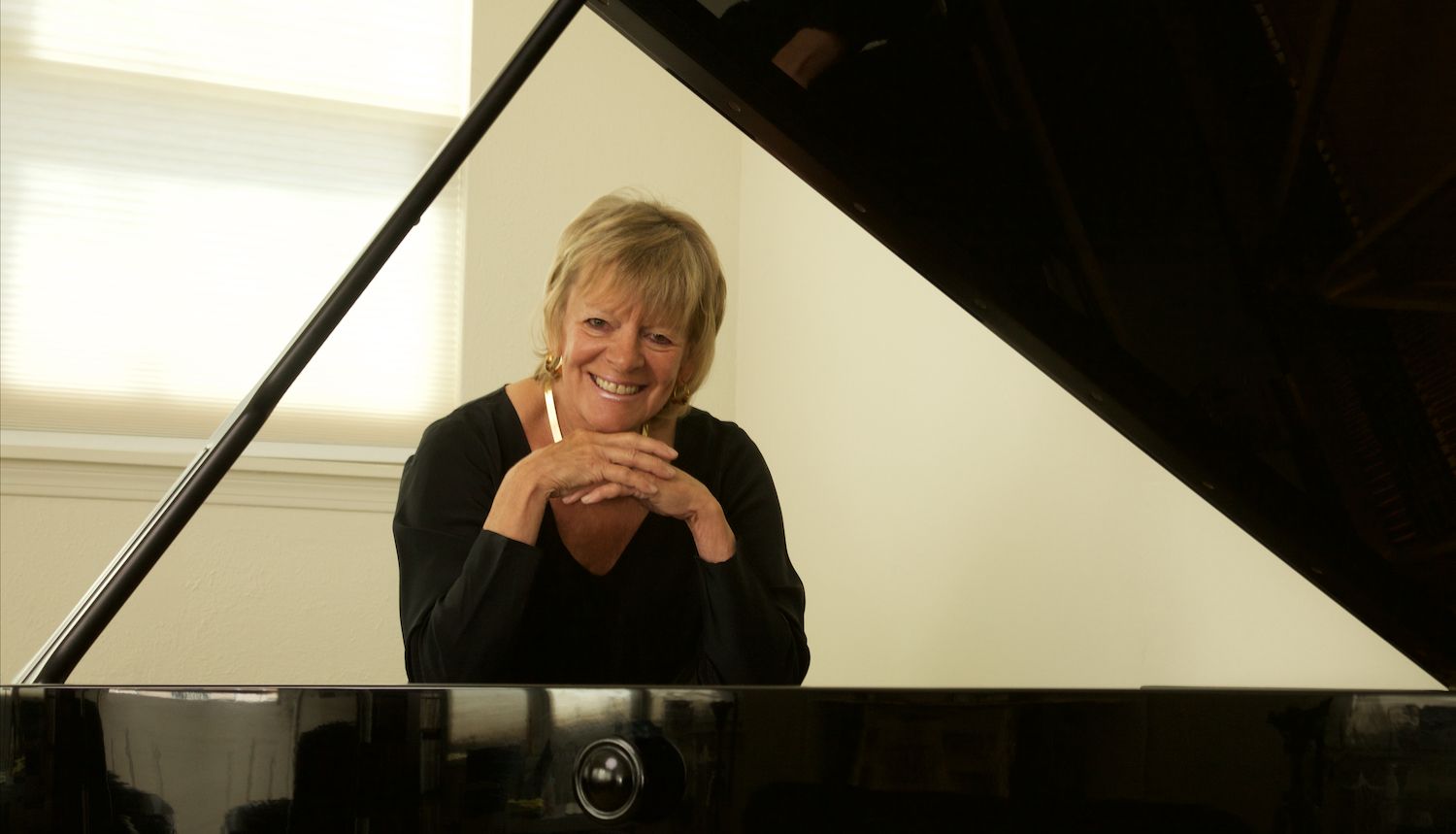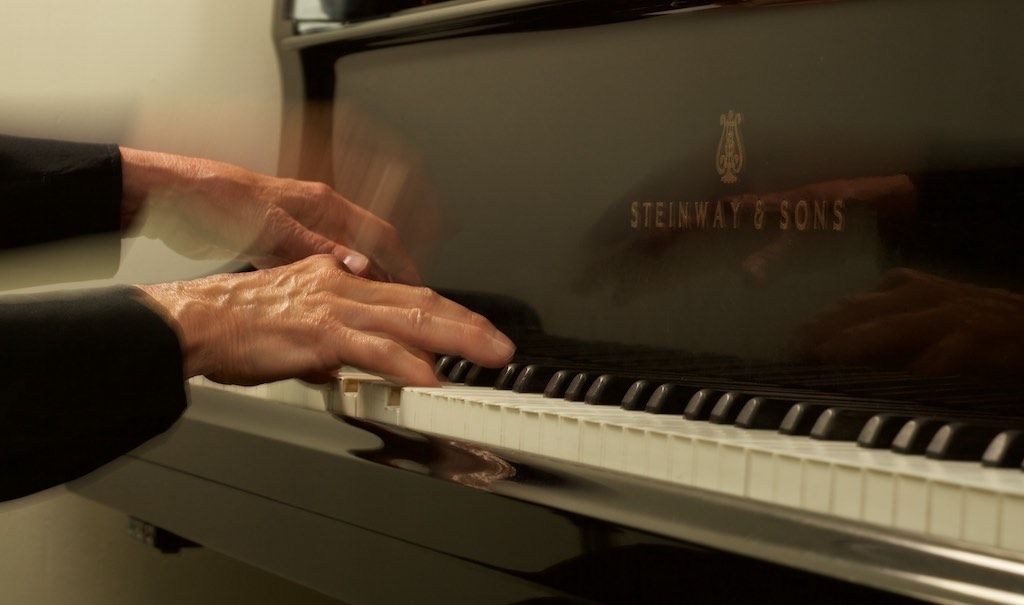Master Classes
Jacquelyn Helin
Piano Master Classes Santa Fe, New Mexico
Master Classes allow artist teachers at the highest level to work with students on musical concepts they may never have considered. What are the ineffable qualities that make for a powerful performance? Often they are the most sophisticated elements of timing, voicing, emotional commitment - the very things that an artist teacher knows firsthand from performing themselves.

"You proved yourself a special human being and superb communicator…through your music during the concert. Your generosity as a performer was even more evident during the master class. Students were radiant and their piano teachers were very impressed. Perhaps one of the most telling remarks following your time with us came from Jess Smith, former director of the Brooklyn Conservatory of Music: ‘She is a superb performer and teacher…I came away very impressed and hope you will bring her back.’”
Sharon Morgan, NEWPORT PERFORMING ARTS CENTER

